30 game devs you should know (and how to pretend you do)
Name drop these facts, sound like a pro
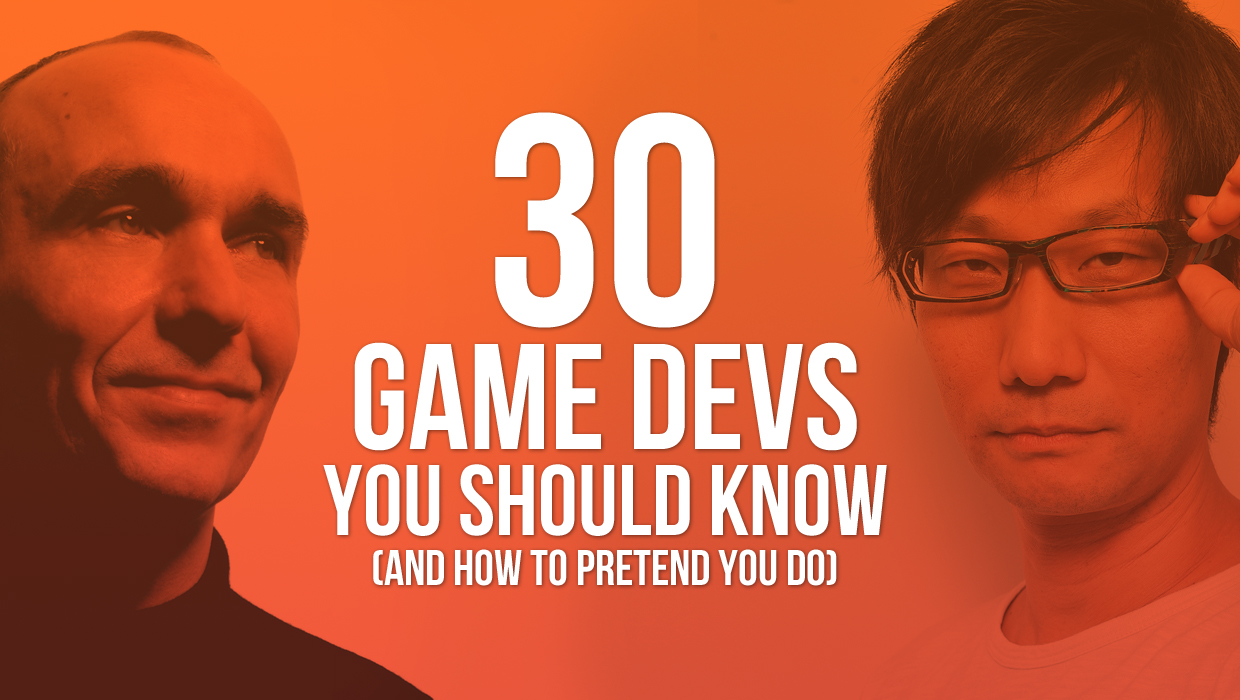
Fact check
Look, we know that you know who at least half of these developers are. You probably even know what popular franchises they created, which, more often than not, is what lands someone a spot on a list like this. Perhaps you've even read the wikipedia pages for a few of these talented guys and gals that make the games we all love so dearly. But what you might not know is how to properly name-drop them during conversations with friends, a trick that, once mastered, will make you sound like you REALLY know a lot about games and the people who create them.
2013's Game Developers Conference, a dev-focused convention held yearly in San Francisco, is upon us--so if you're in or around the Bay Area, it might not be a bad time to try these smooth-talkin' tactics out. Otherwise, give 'em a shot the next time your pals' conversation shifts to games, they'll be totally impressed with how much you know about developers they've never heard of. Here are 30 developers you definitely need to know--and how to drop their names like the coolest of cats.
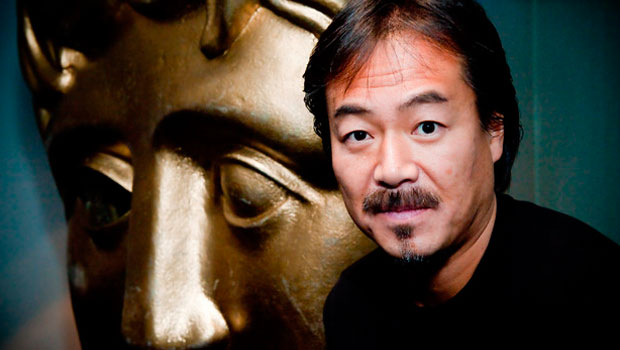
Hironobu Sakaguchi
It's well known that Hironobu Sakaguchi, the creator of the Final Fantasy franchise, named the beloved JRPG series as he did because he planned on quitting the games industry if it had failed. Millions of gamers are happy he didn't, because we wouldn't have games such as Chrono Trigger, Xenogears, Parasite Eve, Vagrant Story, and the dozens of other renowned JRPGs in which Sakaguchi played a major role if he had. After departing from Square in the early 2000s, he went on to form a development studio called Mistwalker, where he headed the development of Blue Dragon, Lost Odyssey, and The Last Story.
How to properly name-drop this developer: You like Final Fantasy, eh? I bet you didn't know that Final Fantasy IX is Hironobu Sakaguchi's favorite!

Gabe Newell
As a co-founder of Valve Corporation, Gabe Newell is practically a household name for PC gamers. Not only did Valve go on to develop the much-lauded Half-Life franchise, but it's also responsible for creating and launching Steam, a popular digital distribution program for PC games. But before Newell achieved billionaire status, he was a Harvard University dropout that went on to work for Microsoft for 13 years. There, he helped launch the first few versions of the Windows operating system up until his departure in 1996, when he and fellow Microsoft employee Mike Harrington left to form what would become one of the most beloved PC game development studios of all time.
How to properly name-drop this developer: Thinking about upgrading to Windows 8? I'm not so sure... Gabe Newell said that OS is a catastrophe.
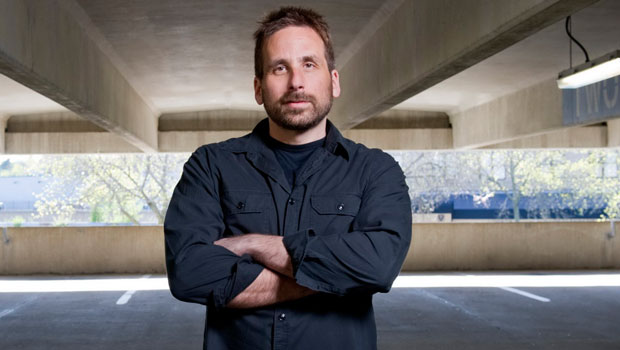
Ken Levine
After a short stint as a screenwriter, Ken Levine took a job at Looking Glass Studios and helped design and write Thief: The Dark Project before leaving to form his own company: Irrational Games. There, he served as lead writer and designer on System Shock 2, which saw great success both financially and critically, with most acclaim landing on--you guessed it--the writing and design. Irrational went on to develop Freedom Force and Tribes: Vengeance, though it wasn't until the release of BioShock (a spiritual successor to System Shock 2) that Levine was thrust back into the spotlight.
How to properly name-drop this developer: Sure, BioShock's a big deal and all, but did you know Ken Levine was the executive producer of SWAT 4?

Jenova Chen
Shortly after moving to Los Angeles from his home city of Shanghai, Xinghan Chen--whose English name is Jenova, a moniker he adopted from the Final Fantasy VII character--went on to co-found thatgamecompany. There, he entered a three-game contract with Sony, which included a PS3 port of the PC game Flow, as well as Flower and the much-lauded Journey. Chen has publicly stated that his game development interests are in creating experiences that are both universally appealing and emotionally resonant, and we look forward to seeing his future projects.
How to properly name-drop this developer: "Oh, man, so stoked that he was named to the MIT Technology Review TR35 as one of the top 35 innovators in the world under the age of 35."
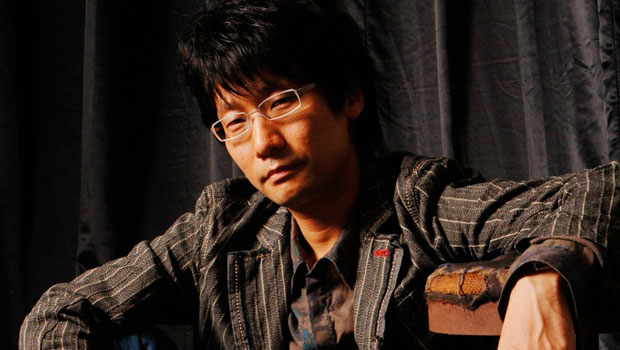
Hideo Kojima
Hideo Kojima is almost as famous for his food tweets and fashion sense as he is his predominant role in the Metal Gear franchise. While we have him to thank for the successes Snake's numerous tactical espionage exploits, Kojima is also responsible for the Zone of the Enders series among other well-received games. Oh, and we also have him to thank for the sweet new haircuts and stylish accessories we're currently sporting. BRB, time to go eat a bento box full of awesome food *tweets picture.*
How to properly name-drop this developer: Hideo Kojima may be an awesome game designer, but he wouldn't be where he is today without the inspiration he draws from movies.
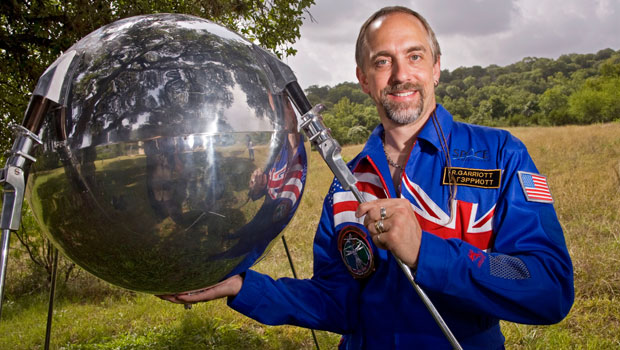
Richard Garriott
As a teenager, Richard "Lord British" Garriott programmed games for the Apple II, which he sold in Ziploc bags at the computer store where he worked. His first game, Akalabeth: World of Doom (dubbed by some gamers as Ultima 0), landed him a small deal with now-defunct publisher California Pacific, which led to the development of the Ultima series for which he is most famous. Of course, not all of his games were as successful as the Ultima franchise. His sci-fi MMO Tabula Rasa, for example, was quite the abysmal failure. But hey, at least Ultima was popular enough to fund his trip to outer space.
How to properly name-drop this developer: BTW, I watched the 2004 boxing match between Jesus Chavez and Erik Morales on TV. Richard Garriott was a corner man for that one.
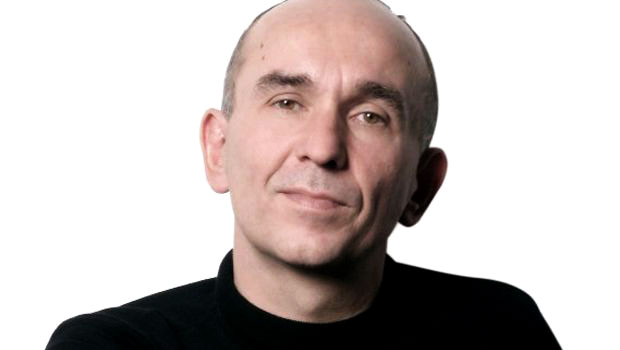
Peter Molyneux
Peter Molyneux is a man of promises. The promises are big, bold, and invariably not indicative of the final game he ships, but they do propel his game designs to heights few other developers dream possible. After pioneering the now out-of-favor "god-game" genre with such seminal works as Populous and Black & White, the outspoken Brit and his Lionhead Studios handled one of Microsoft's key action adventure franchises, Fable. As of 2012, Molyneux made his departure from AAA development, and now runs indie studio 22Cans, exploring new, innovative ideas for the games space.
How to properly name-drop this developer: Thought Peter Molyneux's first game was Fable? WRONG! He co-founded Bullfrog Productions in 1987 and made Populous way before that.
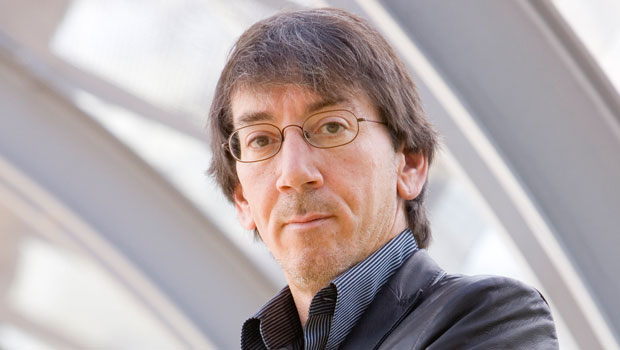
Will Wright
In terms of intellectual horsepower, there are few game developers--or really, just few people--who can enter the same atmosphere as Will Wright. The famed designer literally built his reputation with the systems-simulator SimCity, a pseudo-educational tool that launched the city-building genre. And then there's his life-simulator The Sims, a franchise that has sold well over 150 million units. Wright's current projects include the Stupid Fun Club, a start-up with the stated goal to "develop and prototype innovative technologies and entertainment."
How to properly name-drop this developer: Will Wright was the fifth person to be inducted into the Academy of Interactive Arts and Science's Hall of Fame.
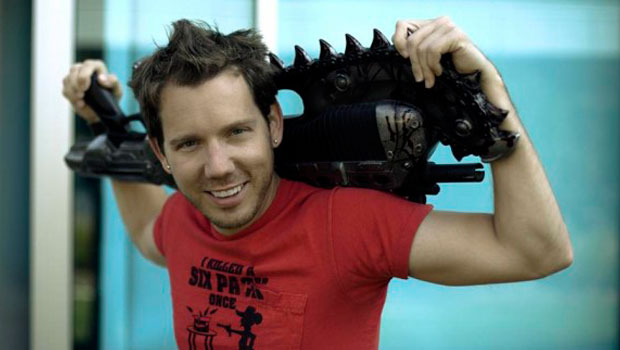
Cliff Bleszinski
As the lead designer of the Gears of War franchise, "Cliffy B" is arguably one of the most prominent members of the game development community--but he entered the spotlight long before anyone knew what a Lancer was. In his teenage years, Cliff developed a point-and-click adventure game while in high school, a copy of which he sent to Epic MegaGames founder Tim Sweeney. Sweeney liked the game, hired Cliff, and set him to work on a follow-up, as well as the sidescrolling platformer Jazz Jackrabbit. Cliff's prominence wasn't truly established, however, until he helped design the hugely successful Unreal series. After 20 some years of game development, he's taking some extended R and R.
How to properly name-drop this developer: Cliff's not an only child, you know. His brother Tyler is a sports blogger, and he founded Athletics Nation and Vox Media. Maybe he left Epic to write for SB Nation?
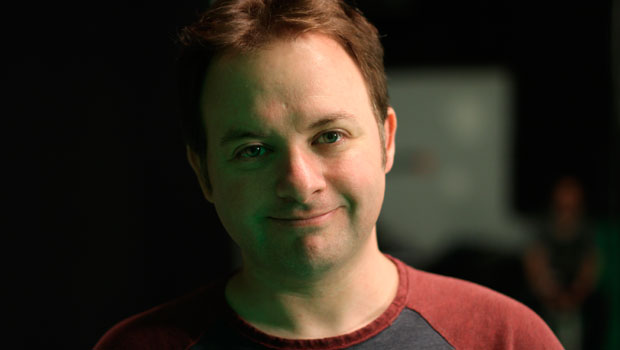
David Jaffe
In so much as there can be a bad boy of video game development, David Jaffe is that man. That's not so much in the life he lives (frequent profanity notwithstanding) but in the games he makes. Jaffe's first hit came with Twisted Metal, an unapologetically violent plateful of vehicular destruction. He continued to take on the role of director for its sequels before directing 2005's God of War--we like to think of Kratos as a virtual representation of Jaffe's darker side.
How to properly name-drop this developer: For a long time, David Jaffe wanted to be a film director. He just never made the cut.
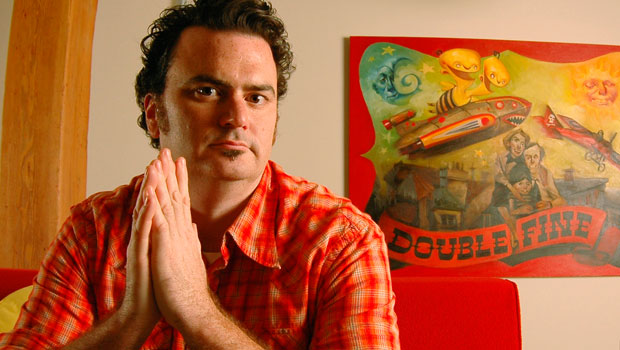
Tim Schafer
Legend has it that when Tim Schafer applied to Lucasfilm Games, he mistakenly told his interviewer that he was a huge fan of the studio's game Ballblaster. The problem was, the game was actually called Ballblazer--Ballblaster was the moniker for the pirated version. Oops! Despite his blunder, Schaefer was eventually hired anyways, and got his break when he was made co-writer and programmer of The Secret of Monkey Island, where he flexed his humorous writing muscles. From there he went on to co-design Maniac Mansion: Day of the Tentacle before heading up Full Throttle and Grim Fandango. In 2000 he founded Double Fine Productions, the studio that made Psychonauts and Brutal Legend. Even to this day he remains one of gaming's most charming devs.
How to properly name-drop this developer: So, the first game-related job Tim Schafer ever had was as a game tester for Indiana Jones and the Last Crusade: The Action Game. Pretty cool, eh?
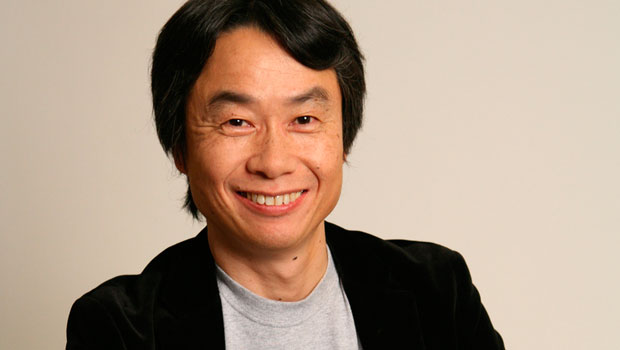
Shigeru Miyamoto
He grew up hoping to become a comic book artist, but Shigeru Miyamoto ended up being one of the most prolific game designers in history. Hes credited with creating such icons as Mario, Zelda, Donkey Kong, Star Fox, Pikmin, F-Zero, and Nintendogs, and has spent the better part of two decades overseeing the majority of Nintendos internal development. Its hard to imagine Nintendo without him, so were thankful he doesnt plan to retire any time soon.
How to properly name-drop this developer: You think Shigeru Miyamoto's a good game developer, wait until you hear him play the mandolin. I heard he's a pro.
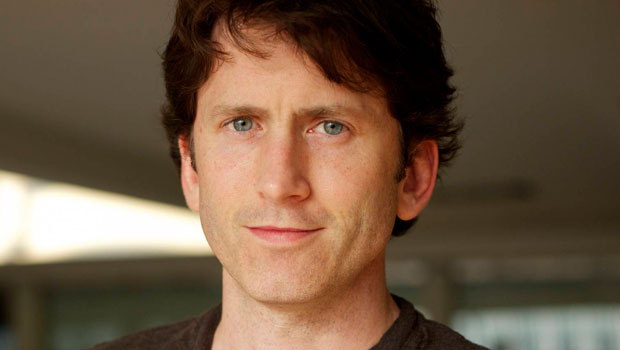
Todd Howard
Persistence is key--especially in the case of Todd Howard, who was finally hired by Bethesda in 1994 after being denied a job several times. While his initial projects were restricted to Terminator games, Howard was eventually shifted to The Elder Scrolls and Fallout series, both of which he now heads up as project leader and designer. Sure, those games are a tad buggy at times, but in what other fantasy games can you mod dragons to take on the likeness of "Macho Man" Randy Savage?
How to properly name-drop this developer: Dude, I bet Todd Howard is, like, a genius--the dude double majored in engineering and finance.
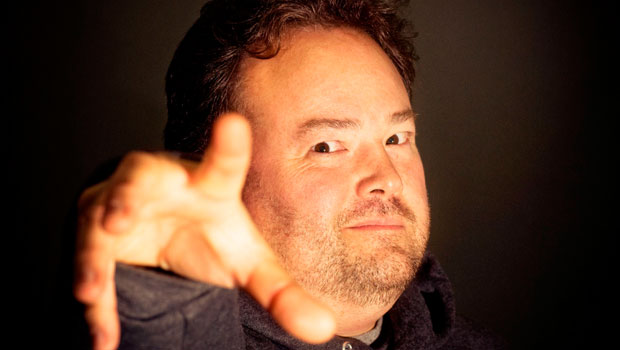
Stieg Hedlund
Though he's had a hand in the development of more than 30 games throughout his career, Stieg Hedlund is best known for his role as one of the lead designers of Diablo. Funny story: He interviewed with Condor--the development studio that would later become Blizzard North--three years before he actually joined the team (a decision he made upon seeing the Diablo prototype). Following the success of Diablo, Hedlund played a prominent role during the development of Diablo II, its expansion Lord of Destruction, as well as StarCraft before eventually leaving for stints at Konami and Ubisoft. He now runs his own game development firm called Turpitude.
How to properly name-drop this developer: You know, before Stieg Hedlund formed Turpitude he was working on the now-defunct MMO Gods & Heroes: Rome Rising.
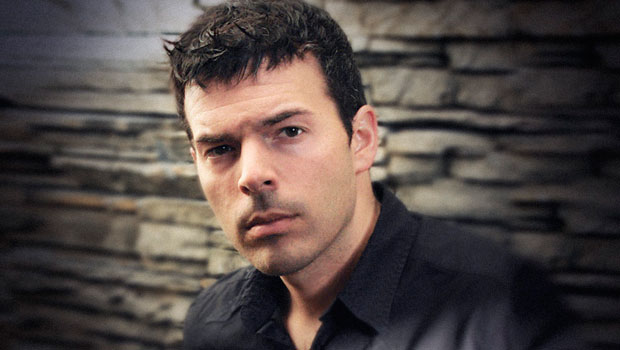
Casey Hudson
Casey Hudson got his start in the gaming industry as a technical artist for BioWare, where he developed art tools and 3D assets for games such as Baldur's Gate 2, Neverwinter Nights, and Star Wars: Knights of the Old Republic (a game he also directed). His bigger claim to fame, however, is the Mass Effect franchise--you know, gaming's Star Wars--for which he took on the executive producer role.
How to properly name-drop this developer: Casey Hudson's first game? Easy: MDK 2.
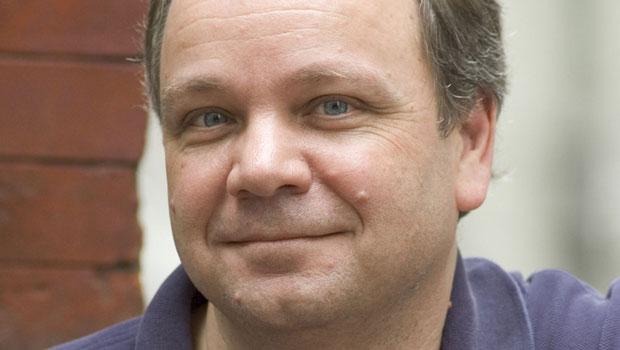
Sid Meier
Even if you've never played one of Sid Meier's games, you've probably at least heard of them. You know, considering his name is often plastered all over the box. Meier co-founded a development studio called MicroProse in 1982, a company that focused primarily on developing simulation games. 1991's Civilization spawned a strategy franchise that remains popular to this day, though Meier only ever designed the first installment. He left MicroProse in the mid '90s, and formed Firaxis Games in 1996 where he has remained ever since.
How to properly name-drop this developer: Sid Meier's name shows up before the name of almost every game he makes--talk about industry clout!
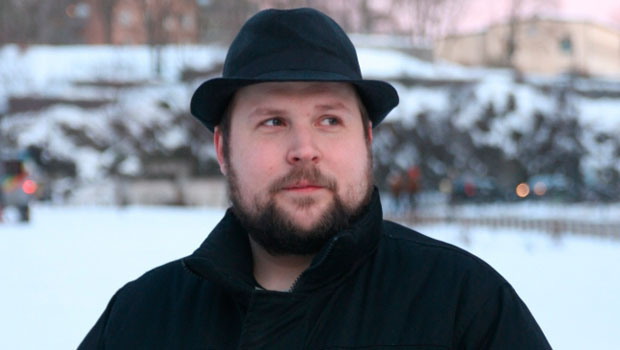
Markus Persson
Better known under the pseudonym "Notch," Markus Persson worked for a number of different gaming companies on social games. In 2009, though, he released an alpha version of Minecraft, a small, personal game that would launch the Swedish developer's career. The game's incredible success led to the formation of Mojang, a studio currently working on a number of different indie games.
How to properly name-drop this developer: Did you hear that Notch called EA a "Bunch of Cynical Bastards?" Guess he doesn't want to work there anytime soon.
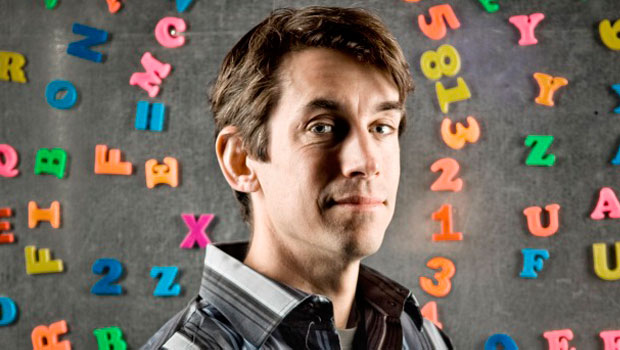
Ted Price
A world without Ted Price is a world without Spyro the Dragon, Ratchet & Clank, and the Resistance: Fall of Man franchise. That's not exactly the type of world we'd like to live in. Price founded Insomniac Games in 1994, and continues to lead the medium-sized developer as president and CEO.
How to properly name-drop this developer: Ted Price has four kids--no wonder he made Ratchet & Clank: All 4 One a four-player co-op game!

Kim Swift
After graduating from DigiPen Institute of Technology, Kim Swift teamed up with a few of her old classmates to create a portal-based puzzle game called Narbacular Drop. The game won several indie awards, and was then presented to Valve--which hired Swift and her team wholesale to develop Portal (you know, one of the best games ever made). She went on to help in the development of Left 4 Dead and its sequel before leaving Valve to form Airtight Games, the development studio behind 2012's Quantum Conundrum.
How to properly name-drop this developer: Have you played Kim Swift's first game, Rumble Box? You haven't? Looked like you've got another game to add to the backlog.
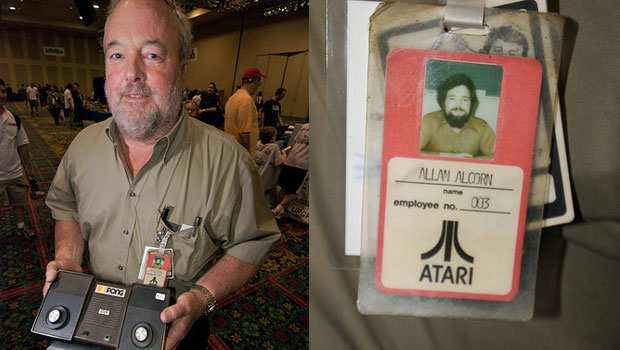
Allan Alcorn
Allan Alcorn's story is one of accidental success. Though he had no experience with video games, he was hired by Atari in the early '70s because of his background in electrical engineering and computer science. As a warm-up test meant to acclimate him to game development, Alcorn was tasked with creating a game in which players controlled paddles to volley a moving spot on the television screen. The result was Pong, an arcade game that became so popular it single-handedly launched Atari's success.
How to properly name-drop this developer: Allan Alcorn was actually there for some important meetings between Steve Wozniak and Steve Jobs back in the '70s. How nuts is that?
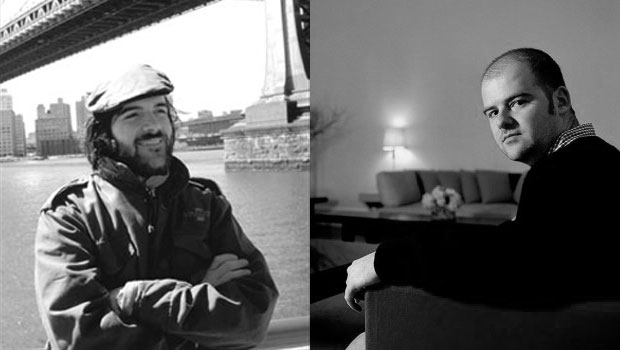
Dan/Sam Houser
Alright, so including two developers in one entry is cheating just a tad, but Dan and Sam Houser are brothers--brothers that combined their powers and creative vision to found Rockstar Games. While Dan is VP of Creative and the lead writer, Sam is the company founder and Executive Producer on all of Rockstar's games. In any case, Super Developer Bros. are responsible for the most popular open world franchise of all time: Grand Theft Auto.
How to properly name-drop these developers: How big is Grand Theft Auto? Well, Sam and Dan Houser both appeared in Time Magazine's most 100 influential people of 2009 list, so... pretty big.
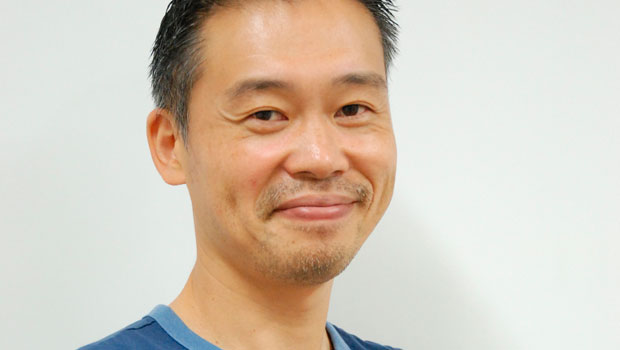
Keiji Inafune
Keiji Inafune was setting trends in relative obscurity for years, mainly by creating and then overseeing the Mega Man franchise at Capcom. More recently, after acting as a producer on Onimusha, Inafune jumped into the spotlight as the face of early 360 hits Dead Rising and Lost Planet. Soon Inafune was seen as one of the few Japanese devs that got current western tastes, an assumption continued after his very public exit from Capcom in 2010. Currently Inafune is running his own dev house known as Comcept, and has worked with Sega and Koei Tecmo in-between occasional comments on the stagnation of Japanese development.
How to properly name-drop this developer: Inafune doesn't even do it for the fame, man; he just goes by "INAFKING" in game credits. That's how much of an artist he is.
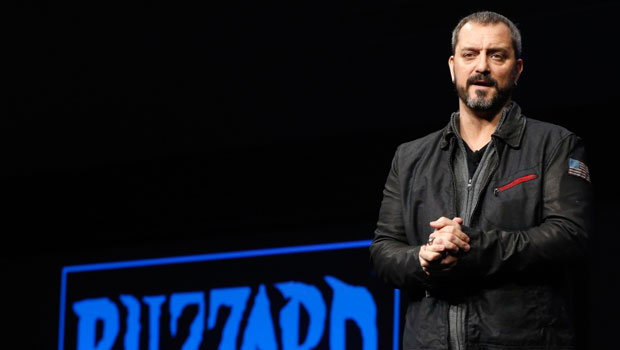
Chris Metzen
Though he got his start as an artist at Blizzard, Chris Metzen has been the creative director for all of Blizzard's properties since 2002's Warcraft III: Reign of Chaos. That means you can attribute the awesome Arthas Menethil story arc to him--as well as the frequently cheesy scripts of Diablo cinematics. He'd been heavily involved in crafting the fictional universes of these properties for years prior, though, with Diablo being the first game whose story he (co-)authored.
How to properly name-drop this developer: I heard Chris Metzen is a huge comic geek. I read that he spends like, $35 a week on comics.
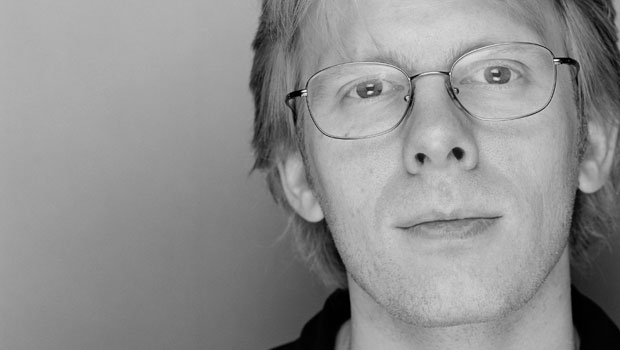
John Carmack
According to most people whove met the guy, Carmack is a developers developer, giving hyper-technical answers and finding solutions to coding dilemmas in his spare time. He hit the big time as one of the two Johns of id alongside John Romero, with the duo creating phenomena like Doom, Wolfenstein, and Quake. After a less-than-amicable split, Carmack stayed at id and led the development of games like Doom 3 and Rage, selling the company to Bethesda in 2009. Hes currently working on Doom 4, but well likely only see that (as Carmack would say), When its done..
How to properly name-drop this developer: When John Carmack was 14 he served a year in juvi for trying to steal a bunch of Apple computers, and when his therapist asked him if he would do it again he said "yes, probably." What a freaking rebel.

Ray Muzyka/Greg Zeschuk
Once upon a time, BioWare founders Ray Muzyka and Greg Zeschuk were medical doctors that really liked video games. Shortly after graduating with medical degrees from the University of Alberta, the two decided to team up and found a game development studio. From BioWare's loins came some of the most beloved western RPGs ever made, including franchises such as Baldur's Gate, Neverwinter Nights, Star Wars: Knights of the Old Republic, Mass Effect, and Dragon Age. After two decades of working in the games industry, both doctors went on to pursue other career interests. Le sad.
How to properly name-drop these developers: Did you know Ray Muzyka was crazy good at poker? Like, professional level? You didn't? I thought you were a BioWare fan.
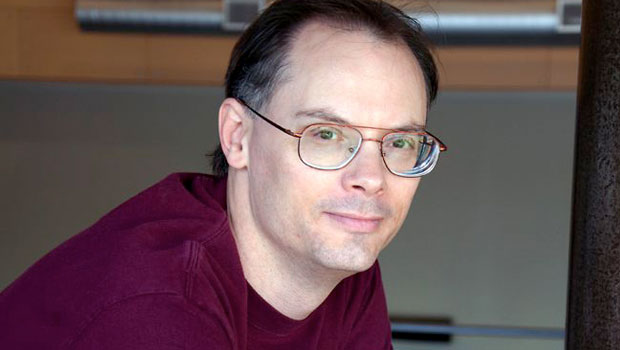
Tim Sweeney
The founder of Epic Games (or as it was originally known, Epic MegaGames), Tim Sweeney has influenced plenty of games outside of Epic's own properties. You see, he developed the Unreal Engine, a popular engine upon which many games today are built. Odd as it may seem, the only game Sweeney's credited for developing is 1991's ANSI character-based game ZZT.
How to properly name-drop this developer: If you haven't heard Tom Sweeney's speech at Wake Tech Community College Digital Game Xpo you totally have to YouTube that thing. Life changing.

Jason West/Vince Zampella
The millions upon millions of gamers who love Call of Duty have these two to thank for the renowned series of first-person shooters. Jason West and Vince Zampella originally worked for a development studio called 2015, Inc, where they helped develop Medal of Honor: Allied Assault, the third in the franchise. In 2002, they established Infinity Ward and developed the studio's first game: Call of Duty. Of course, we all know how the franchise went on to become an annualized record-shattering hit--and then there's West and Zampella's fallout with Activision that led them to leave Infinity Ward to form their current studio, Respawn Entertainment.
How to properly name-drop this developer: Those guys still haven't forgiven Activision for trying to screw them out of millions of dollars after Modern Warfare 2 shipped. Way to hold a grudge, right?
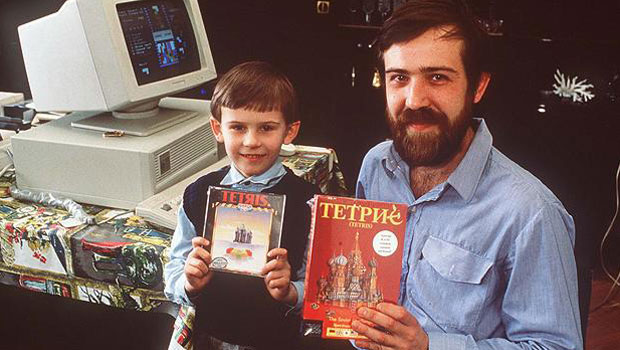
Alexey Pajitnov
No, we don't know how to pronounce his name either--but the important thing to take away about Alexey Pajitnov is that he's the main reason a little game called Tetris exists. Funny story: At the time Tetris was finished, Alexey worked for the Soviet government, which meant Tetris, for a time, was owned by the Soviet Union. It also meant he received no sales royalties--a huge bummer considering how popular the world's best-selling puzzle game eventually became.
How to properly name-drop this developer: Honestly, if it wasn't for the Dorodnitsyn Computing Centre of the Soviet Academy of Sciences, Alexey Pajitnov might never have thought up Tetris. Think about it.

Shinji Mikami
Like Inafune, Mikami operated in the background at Capcom for years, directing the original Resident Evil and Dino Crisis, then acting as producer for RE and Devil May Cry. Mikamis work on Resident Evil 4 is credited for evolving 3rd person shooters to their current state, and not long after RE4s release Shinji joined Capcoms avant garde team at Clover. Following that studios public closure, Mikami worked on Vanquish and Shadows of the Damned as a free agent, then created his own studio that was purchased by Bethesda.
How to properly name-drop this developer: It's such a shame that Shinji Mikami's untitled F1 racing got canceled by the company after eight months of development. I heard it was going to be epic.
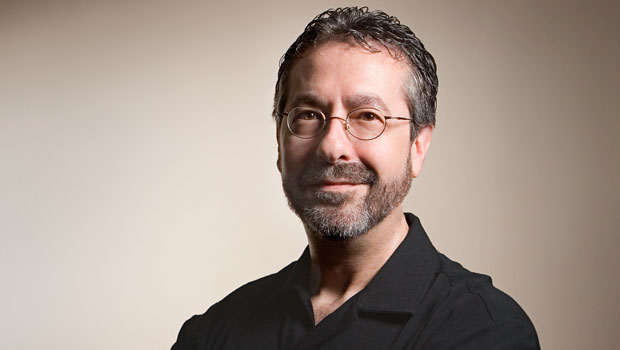
Warren Spector
Warren Spector's first gig in the game development industry was, surprisingly, with Steve Jackson Games, a company most famous for its card game Munchkin. In its early days, though, Steve Jackson Games dipped into game development, headed up by Spector. He eventually moved on to Looking Glass Studios and Origin Systems, where he worked on System Shock and Thief: The Dark Project alongside Ken Levine. His biggest claim to fame, though, was Deus Ex, a role-playing game still beloved to this day. It's a shame Epic Mickey, for which he is also responsible, didn't pan out quite as well.
How to properly name-drop this developer: "Deus Ex is cool and all, but I think Warren Spector's best work was on Shadowcaster from 1993--ever play it?"
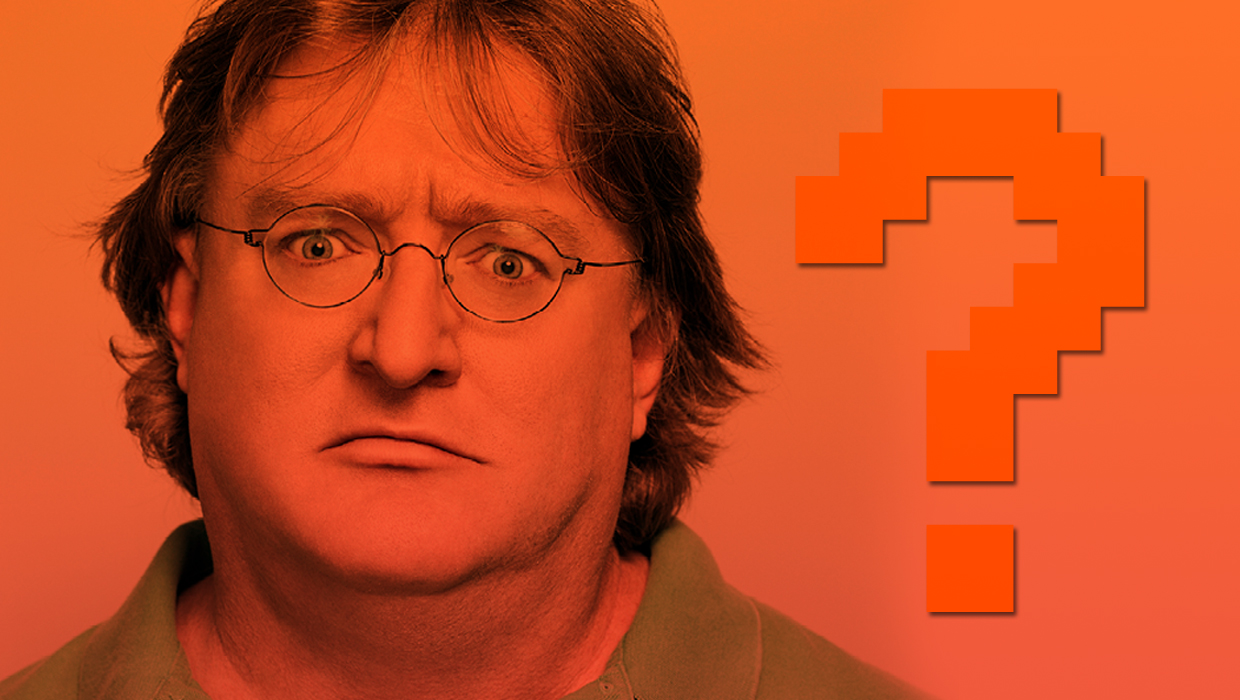
Dev talk
Obviously these aren't all the biggest names in the games business. Which developers would you put on this list? And how would you name-drop them in conversations? Let us know in the comments below.
And if you're looking for more, check out Games meet...food and the 100 most anticipated games of 2013.
GamesRadar+ was first founded in 1999, and since then has been dedicated to delivering video game-related news, reviews, previews, features, and more. Since late 2014, the website has been the online home of Total Film, SFX, Edge, and PLAY magazines, with comics site Newsarama joining the fold in 2020. Our aim as the global GamesRadar Staff team is to take you closer to the games, movies, TV shows, and comics that you love. We want to upgrade your downtime, and help you make the most of your time, money, and skills. We always aim to entertain, inform, and inspire through our mix of content - which includes news, reviews, features, tips, buying guides, and videos.


